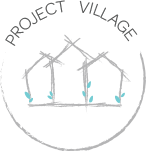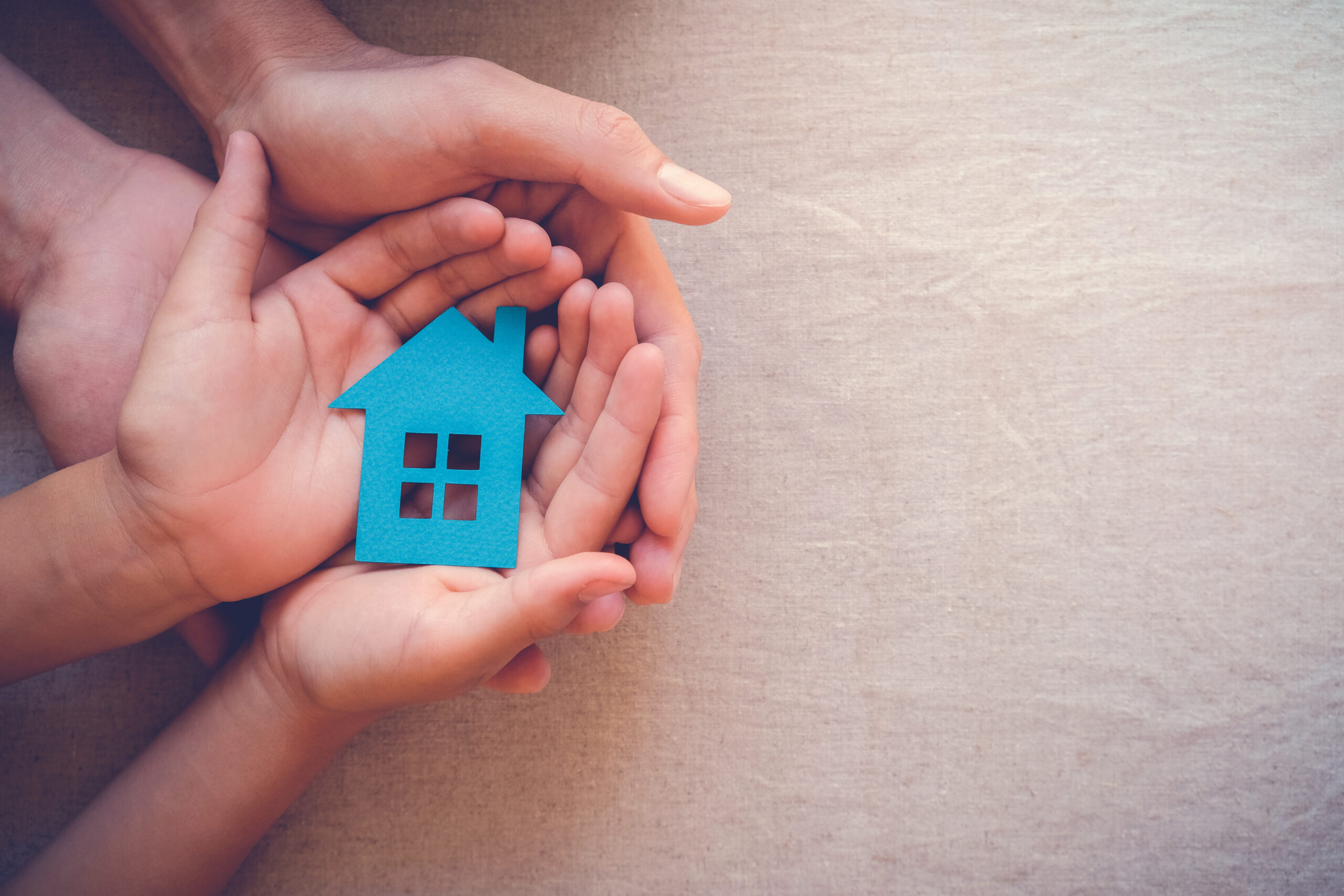This past year has been hard—-REALLY, REALLY HARD. We’ve all had to dig deep into our reserves of funds, emotions, patience, and resilience in order to navigate the challenges of the COVID-19 pandemic. Many families have had moments (or weeks or months) of crisis, such as family loss, job loss, and mental health crises that impact our ability to keep our heads above water.
This brings to mind how essential the Safety Net is for families when navigating tough times. Think of a physical net underneath an acrobat or a tightrope-walker: It’s there to catch the person in case of a fall, to protect against harm or injury. Most countries offer resource “safety net” programs in order to support citizens who are going through periods of adversity, such as supplemental food programs, financial assistance, and housing support.
The RELATIONAL safety net is just as essential for each and every one of us. It is a tapestry of people, friendships, and relationships that – when woven together – can catch us and keep us safe in case of hardship. In an interview with Dr. Vivek Murphy, the “Unlocking Us” podcast explored the importance of the QUALITY of our connections and relationships, and how a deep sense of loneliness can come about when there is a gap between the connections we may desire versus the ones we have in our lives. Let’s explore why these relationships and our safety net is important, and tips for how to strengthen your safety net.
Why do I need a safety net?
Human beings are biochemically wired for love, connection, and relationships. We are not meant to “go it alone”, and we are stronger and more resilient when we band together and support each other. The pandemic has highlighted this fact more than ever: As we’ve had to physically distance ourselves from one another in order to stay healthy and safe, humans around the world have found incredibly creative and helpful ways to stay spiritually and relationally connected to each other. Religious organizations have moved faith services to online platforms, in order for congregants to continue to have opportunities to pray and connect. Teachers around the world are demonstrating innovation by finding ways to create positive and connected classroom communities even through a Zoom screen during virtual learning. Project Village is another great example of our innate need for connection and community, as the Facebook group grew at a viral pace when the world went into quarantine last year.
Building your own network of relationships is important for so many reasons. First and foremost, we need each other for support and connection to manage the daily ups and downs of life. Secondly, each and every one of us will inevitably go through adverse experiences throughout our lifespans. These could include an injury or illness, loss of a family member, job changes, financial strain, or a sudden change in life circumstances. Through these experiences, having the support of friends and family members around us will help us get back on our feet more quickly.
Consider your own network of relationships. These could include:
- Parents and siblings
- Spouse or partner
- Children
- Aunts, uncles, cousins, or other relatives
- Neighbors
- Community professionals – doctor, therapist, coach, etc.
- Friends
- Members of a faith community
- Teachers and mentors
- Colleagues
In looking at this list above, where do you feel the most supported? It’s important to note that for some people, blood relatives may not be our best source of support. There may be a history of trauma, abuse, or toxic family relationships that make it challenging to look to relatives for healthy and stable support. In these cases, we can turn to our “family of choice”: friends, neighbors, and other members of our circle who surround us with love and support.
Tips for strengthening your safety net
If you’re looking at the list above and feeling like your safety net is somewhat thin these days, it’s important to brainstorm ways to strengthen the community with which you’re surrounded. As described above, the safety net is an incredible support system when you’re going through good times, but even more essential when you may be in a period of struggle.
- Social media: There are many social media platforms with which to create community connections. Explore options for your neighborhood or town, especially if you have a specific demographic or interest for which you’d like to connect with others. This could be a Facebook group specifically for single parents, a Nextdoor group for neighbors in your area, or a Meet-Up group for others with similar interests (such as getting outdoors, parents with preschoolers, LGBTQ+ couples, etc.). Meet-Up in particular has groups for all sorts of interests, such as book groups, knitting meet-ups, and playdates for kids of similar ages.
- Put yourself out there: This may give some of us a case of hives just thinking about it, but building your circle of friends and connections may require getting out of your comfort zone – just a bit! For example, once you’ve joined a social media space and spent some time getting familiar with others’ posts, put yourself out there by introducing who YOU are. This could be as simple as a quick introduction, such as your name, your interests, and who you’re hoping to connect with.
- Take the next step: Deep, trusting relationships don’t develop overnight–they take time to build. Think about people with whom you’ve felt a spark of connection in your life, such as a co-worker, a neighbor, or perhaps someone with whom you’ve crossed paths in social media. Be courageous and take the next step in this relationship, making plans such as a coffee or lunch date to talk and connect on a deeper level. This is how most safety nets are built–small sparks of bonding that may become deep, lasting friendships over time.
- Be part of others’ Safety Nets: This is where you get to support those around you. Pay attention when others are in a place of struggle, and lean in to offer support. Kind words, gestures of empathy, and perhaps even a home-cooked meal can go a really long way. People remember these important acts of kindness when they are in a place of vulnerability, and will be more likely to reciprocate towards others in the future.
- Know when to ask for help: In many cultures, it is inherently taught and reinforced that people lean in and support each other in times of need. In other cultures (and particularly Western societies), the value system is often driven by a message of independence, standing on your own two feet, and even “pulling yourself up by your bootstraps”. Asking for help may be a source of shame, in which a person feels embarrassed for needing the extra support. So many of us have had to wrestle with this barrier at various points in our lives when we could not go it alone and needed to ask for help. If this is a struggle that you recognize in yourself, it’s important to examine where this value comes from and whether it is truly serving you in a healthy and functional way. Explore for yourself at what point it would be important for you to ask for help from others, and practice ways that you might do this.
Especially given the immense and devastating struggles that have come about as a result of the Pandemic, it is an incredibly important time in all of our lives to normalize and give ourselves permission to seek support from others when we need it. Find ways to strengthen your safety net, be there for others, put yourself out there, and be okay with asking for help. When we come together to support one another, we are all stronger as a result.

